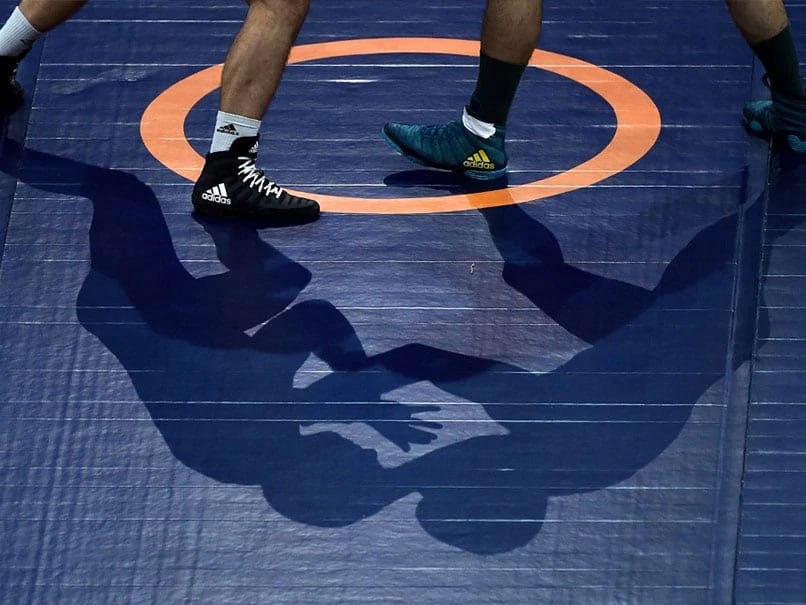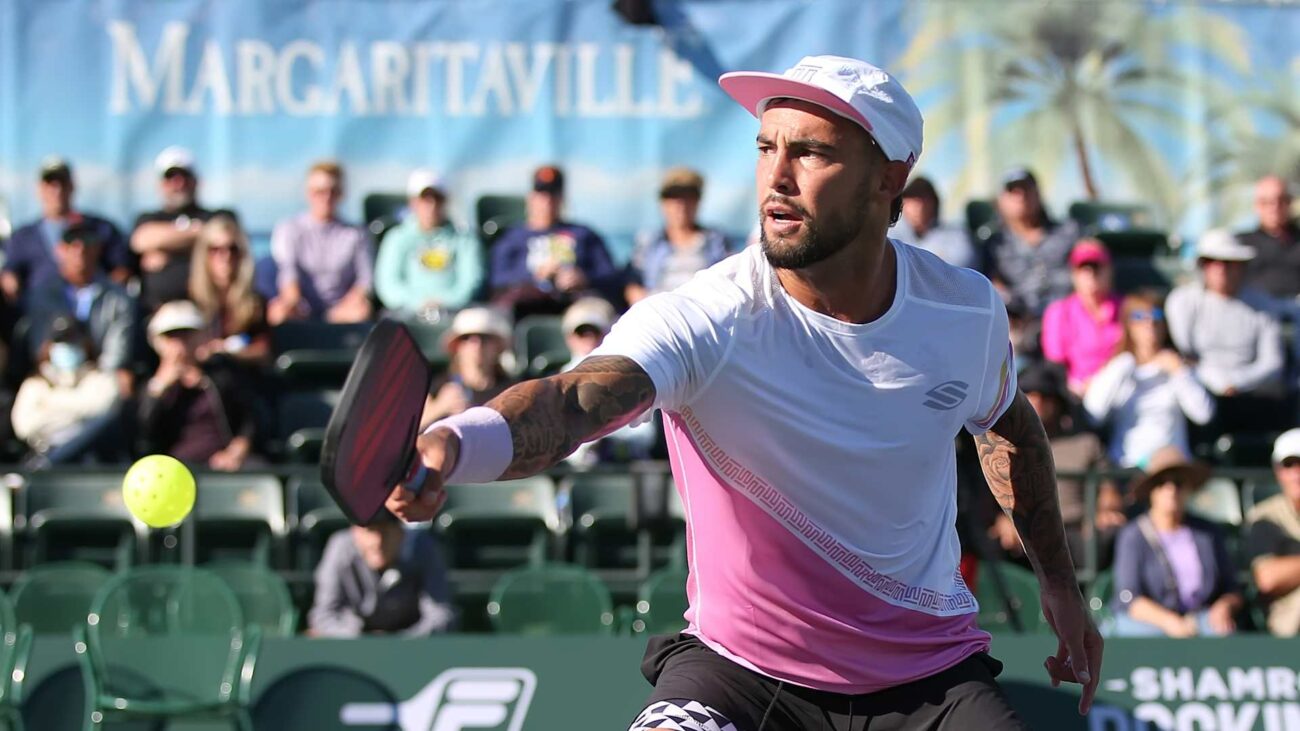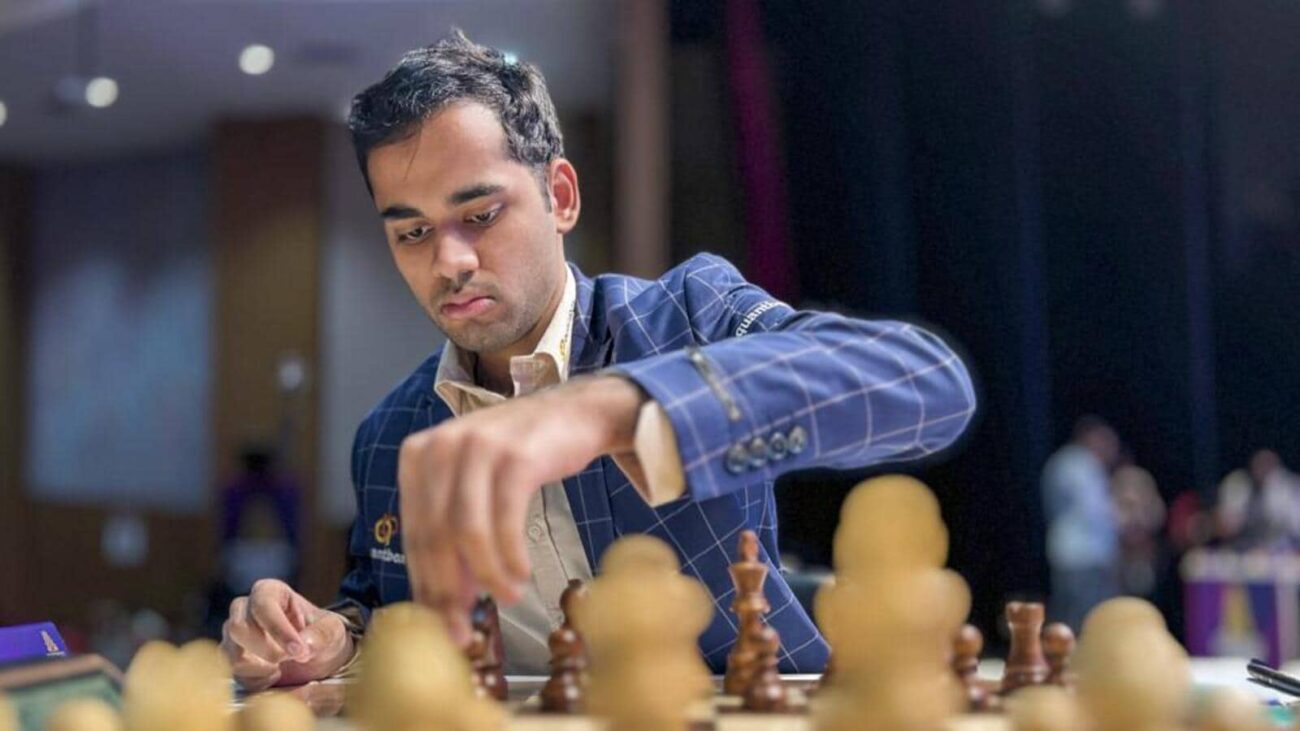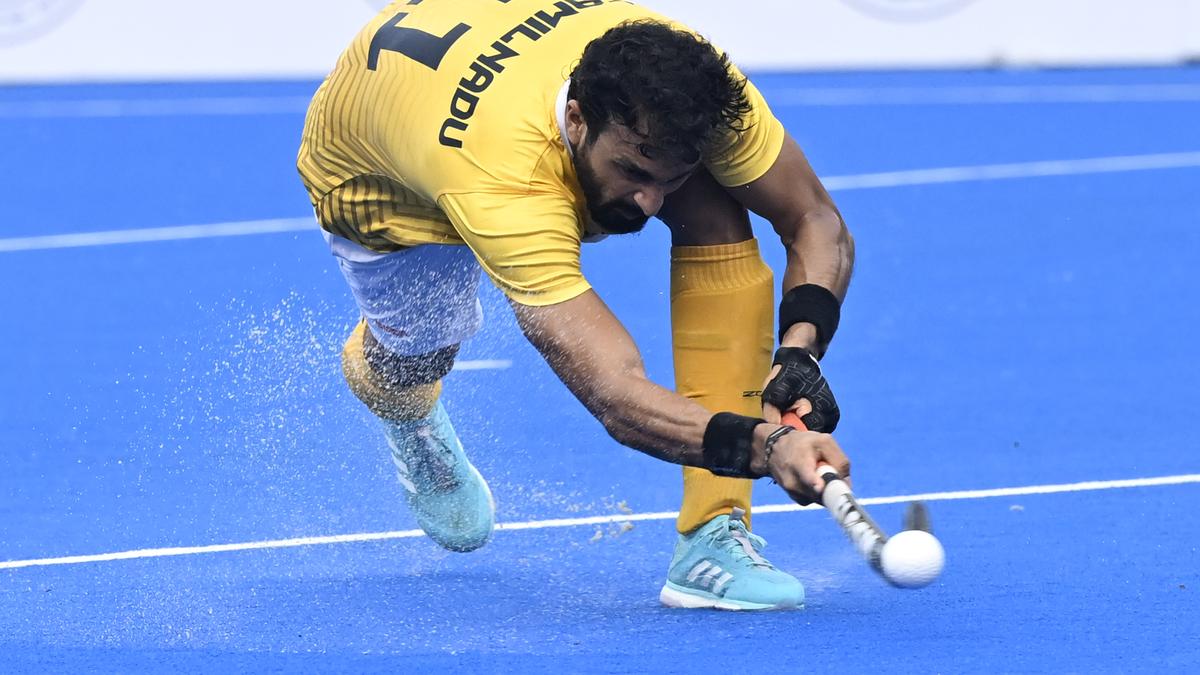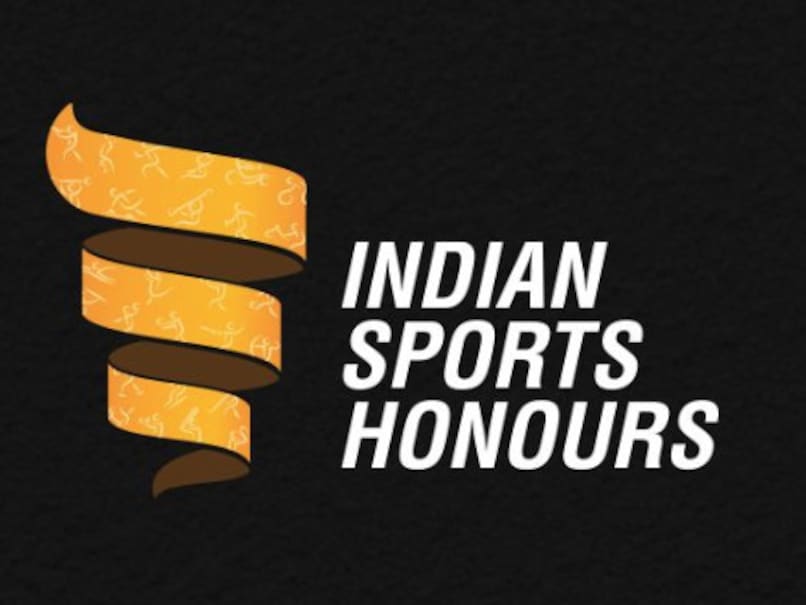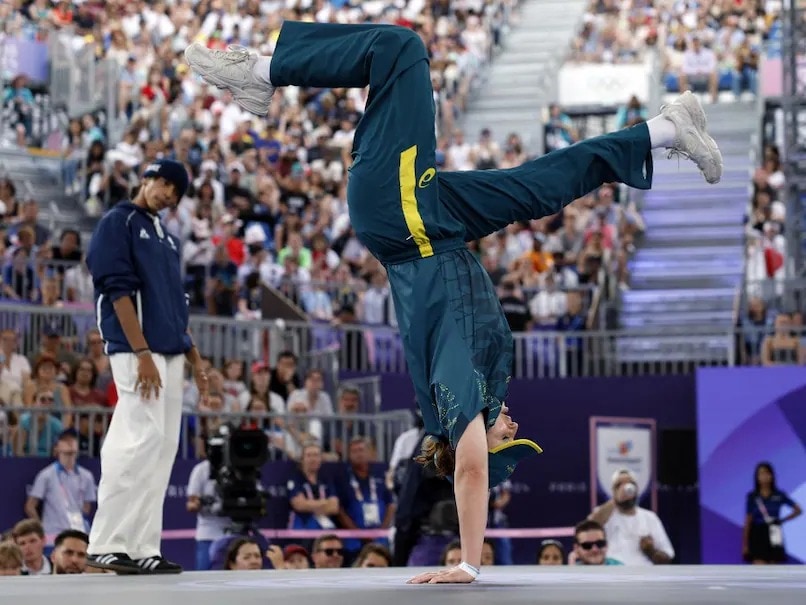Wrestling has been a consistent medal-winning sport for India at the Olympics, with the nation securing at least one medal in every edition since 2008. In the past five Games, wrestling has yielded seven medals for India, including bronze for Sushil Kumar (2008), silver for Sushil Kumar (2012), bronze for Yogeshwar Dutt (2012), bronze for Sakshi Malik (2016), silver for Ravi Kumar Dahiya (2021), bronze for Bajrang Punia (2021), and bronze for Aman Sehrawat (2024).
Notably, all the male wrestlers mentioned above, except Sakshi Malik, are products of the renowned Chhatrasal Akhada, a breeding ground for Indian wrestling talent. Established in 1988 by former Indian wrestler Satpal Singh and coaches Ramphal Mann and Pradeep Sharma, the akhada was founded with the aim of producing Olympic medalists.
Satpal Singh, who had won multiple medals at the Commonwealth Games and Asian Games but missed out on an Olympic podium in his two appearances, was driven by the desire to fill this void in his career. “There was a pain in my heart of not winning an Olympic medal,” he said. “That’s why I started the akhada at the Chhatrasal Stadium. I wanted to churn out Olympic medalists for the country.”
Initially, the akhada focused on traditional dirt floors, but over time, it has been equipped with modern facilities and equipment to meet the needs of aspiring wrestlers. In 2024, Aman Sehrawat continued Chhatrasal’s legacy by securing a bronze medal at the Paris Olympics.
The success of Chhatrasal Akhada can be attributed to its rigorous training regimen, experienced coaches, and a supportive environment that fosters excellence. The akhada has produced not only Olympic medalists but also numerous national and international champions, making it a testament to the transformative power of sports in shaping the lives of young athletes.

